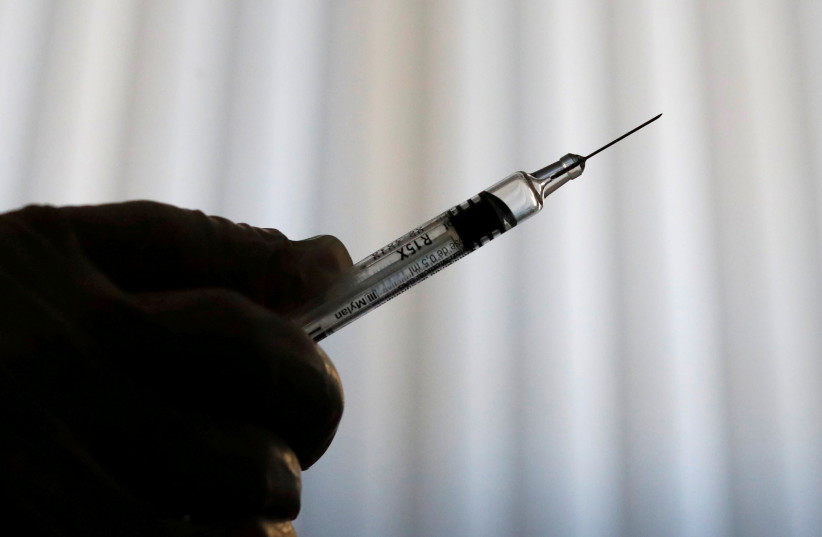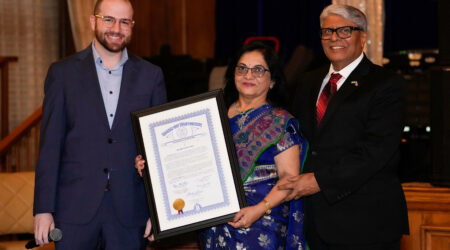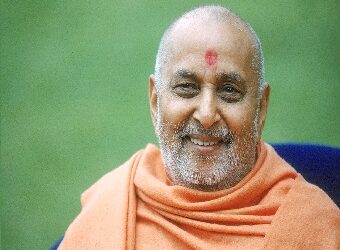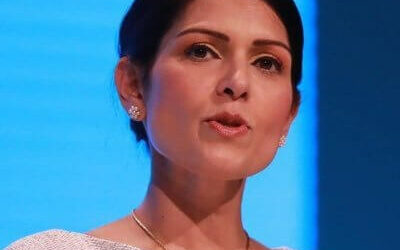With the Trump administration pulling out all stops to reach Americans with COVID-19 vaccine, first to front-line responders followed by to very high-risk groups, a complicated issue is brewing among one-quarter of the US population.
A study by the Kaiser Family Foundation says that a significant part of Americans are hesitant to go for the jabs for a variety of reasons.
And as in many issues, here too partisan divide is pronounced. Republicans are the most hesitant to get the vaccine while Democrats, the survey found, are the least hesitant.
“About a quarter (27%) of the public remains vaccine hesitant, saying they probably or definitely would not get a COVID-19 vaccine even if it were available for free and deemed safe by scientists. Vaccine hesitancy is highest among Republicans (42%), those ages 30-49 (36%), and rural residents (35%),” the poll analysis reports.
“Importantly, 35% of Black adults (a group that has borne a disproportionate burden of the pandemic) say they definitely or probably would not get vaccinated, as do one-third of those who say they have been deemed essential workers and three in ten (29%) of those who work in a health care delivery setting,” Kaiser writes.
Just 12% of Democrats, meanwhile, are vaccine hesitant.
The majority say they are concerned about possible side effects, half are worried they will get Covid-19 from taking the vaccine, and 48% say they have a general distrust in vaccines.
Medical expert Dr. Tom Hopkins said he urges his African-American patients to take the vaccine when it becomes available.
“The COVID-19 vaccine won’t kill you; COVID -19 virus will kill you,” Dr. Hopkins said.
He said COVID-19 impacts a disproportionate number of African Americans, in terms of hospitalizations and death.
Historically doctors and scientists have used African Americans in medical studies without their permission. The most notable case being the Tuskegee experiment, where health officials withheld proper treatment from African Americans to study syphilis.
But NAACP President Betty Williams said a lack of access to healthcare also contributes to the skepticism.
“The African American community not having access to affordable healthcare in the first place, not having access to actual testing when it first came out,” Williams said.
Williams encourages people in the African-American community to start having the conversation about getting vaccinated.
“Ask the question to your family and friends to initiate the conversation, because without the conversation, you don’t know what barriers you have to go against to make this vaccine happen,” Williams said.












